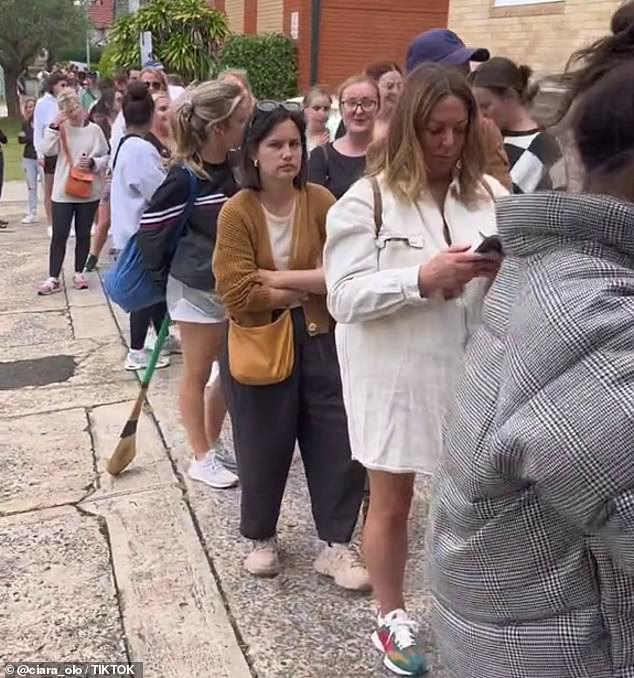Immigrants and refugees are finding it harder to get a roof over their heads, even as they are blamed for Australia’s housing crisis as rental vacancy rates plummet.
An Essential Research survey conducted for Settlement Services International (SSI) found that 43 per cent of people with migrant and refugee backgrounds were more likely to have experienced difficulties securing affordable housing in the past 12 months.
More than 1,160 people were surveyed, including people from migrant or refugee backgrounds, as well as Australian-born people who spoke only English.
The survey by the agency, tasked with resettling thousands of newly arrived refugees each year, also found that more than a quarter (26 per cent) had been forced to leave a property due to rising housing costs in the last year.
Ariet Oko Agwa, an Ethiopian refugee who arrived in Australia about six years ago, almost slept in her car between Brisbane and the Gold Coast with her five-year-old son.
Ariet Oko Agwa was nearly homeless due to a lack of affordable housing.
They were saved at the last minute by members of their community, who spent the night in a friend’s garage.
“I was almost homeless and then one of the women (from the Ethiopian community) told me that instead of sleeping in your car, you could sleep in our garage because they had three rooms but they were full,” she told AAP.
The struggle to find a suitable home continues for the 25-year-old single mother who grew up in Dadaab, Kenya, one of the largest refugee camps in the world.
The disability care worker lives in shared accommodation near the Gold Coast and pays almost $600 a fortnight for a small room.
Oko Agwa maintains that it is not a conducive environment to raise his son.
He has learned to live a precarious lifestyle with only a single bed in his small room after all his furniture was destroyed by torrential floods in southeast Queensland two years ago.
‘It is very difficult to find a house on my own. Maybe because I’m not from this country,’ she said.

Renters faced increased competition for housing amid increased immigration to Australia. Pictured: A rental inspection in Sydney
“I applied for a lot of houses and they were all rejected and every time I call them (real estate agents) they don’t give me a reason.”
About 60 percent of immigrants and refugees surveyed say it is more difficult for those who do not have English as their first language to obtain affordable housing.
SSI housing expert Haitham Subhi said the private rental market had become more expensive and scarce in a post-COVID landscape, with average rents around $200 higher than pre-pandemic levels.
About half of immigrants and refugees surveyed (49 per cent) felt they were unfairly blamed as the main cause of Australia’s housing affordability crisis.
“They feel the tension and they just want to be given the opportunity to start their new life.”
“The process itself is quite daunting because… you will find yourself going straight to the bottom of the list.”
Experts have called for the private rental market to be regulated with the involvement and enforcement of industry bodies.

